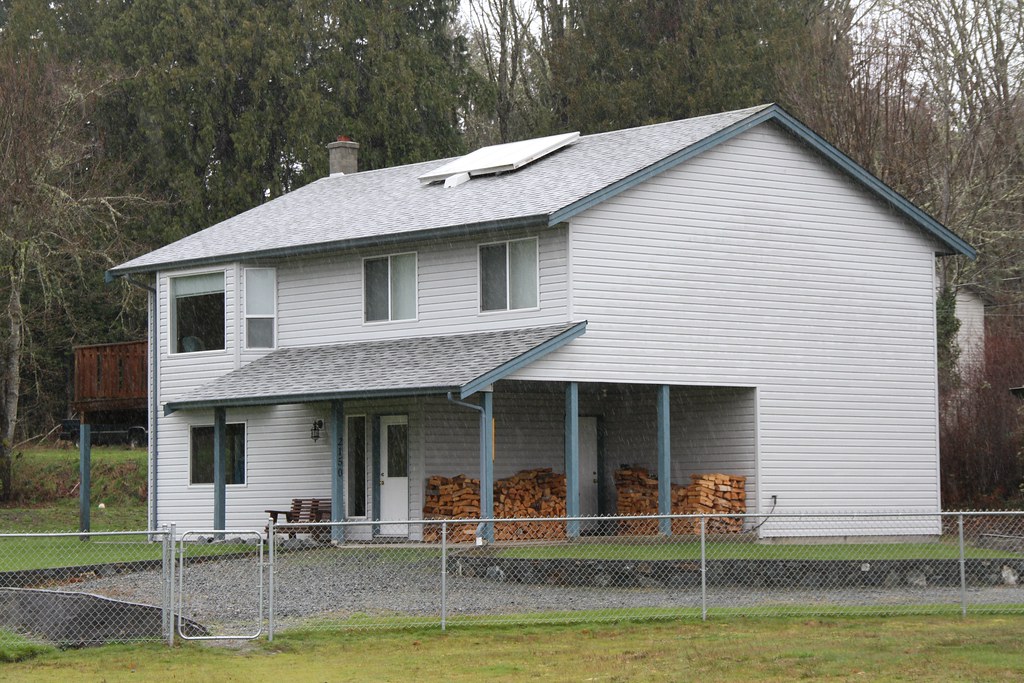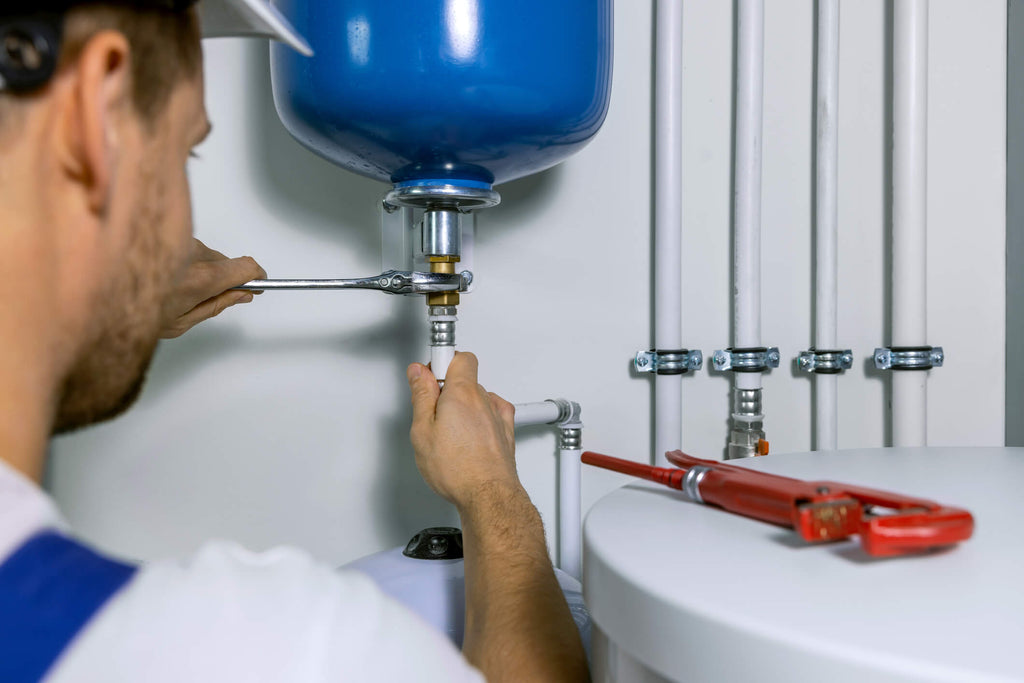Do Electronic Descalers Work? Uncover the Truth Now!
Purchasing products via the links in our article may result in us earning a commission, but rest assured, this does not influence our editorial independence.
Hard water is a common problem that affects millions of households and businesses worldwide.
It’s characterized by a high concentration of minerals, such as calcium and magnesium, which can lead to limescale buildup in pipes, appliances, and fixtures. This not only causes inefficiency and increased energy costs but can also shorten the lifespan of plumbing systems and appliances.
Electronic descalers have emerged as a modern solution to this age-old problem, promising an eco-friendly and cost-effective way to prevent limescale without the need for traditional water softening methods.
But do they really work? Let’s delve into the details to find out.
What Are Electronic Descalers?
Electronic descalers are devices designed to prevent the buildup of limescale, which is a hard, chalky deposit that forms when hard water is heated. These devices use electromagnetic waves to alter the chemical structure of the minerals in the water, preventing them from sticking to surfaces and forming scale.
Types of Electronic Descalers Available
There are several types of electronic descalers on the market, ranging from small, plug-in units suitable for residential use to larger, more complex systems designed for commercial or industrial applications.
Some use a single frequency, while others employ a range of frequencies to target different types of minerals.
How Electronic Descalers Differ from Traditional Water Softeners
Unlike traditional water softeners that use ion exchange to physically remove minerals from the water, electronic descalers do not alter the water’s mineral content.
Instead, they change the physical properties of the minerals so they remain soluble and flow freely with the water, reducing the risk of limescale deposits.
How Do Electronic Descalers Work?
Electronic descalers work by transmitting electrical impulses through the water supply. These impulses generate an electromagnetic field that changes the crystallization process of calcium and magnesium, preventing them from forming hard scale.
Scientific Explanation of the Descaling Process
The electromagnetic field generated by the descaler affects the ions of calcium and magnesium, causing them to form smooth, round crystals that do not easily adhere to surfaces. This process is known as “nucleation,” and it’s the key to preventing limescale buildup.
The Technology Behind Electronic Descalers
The technology relies on a coil of wire wrapped around the water pipe. When an electrical current passes through this coil, it creates an electromagnetic field that affects the water flowing through the pipe.
Installation and Maintenance Considerations
Electronic descalers are relatively easy to install and require little to no maintenance. They can be fitted to existing plumbing without the need for cutting pipes or adding chemicals to the water supply.
Evaluating the Effectiveness of Electronic Descalers
When considering the effectiveness of electronic descalers, it’s important to look at both scientific studies and real-world applications.
Review of Studies and Research on Electronic Descalers
Research on the efficacy of electronic descalers has produced mixed results. Some studies suggest that they can be effective in certain conditions, while others have found little to no difference in limescale buildup when compared to untreated water.
Real-world Testimonials and Case Studies
Many users report positive experiences with electronic descalers, noting significant reductions in limescale and improvements in the efficiency of their appliances. However, individual results can vary based on water hardness, usage patterns, and the specific type of descaler used.
Factors that Influence the Performance of Electronic Descalers
The performance of electronic descalers can be influenced by several factors, including water velocity, temperature, pipe material, and the presence of other substances in the water that may interfere with the electromagnetic field.
Pros and Cons of Electronic Descalers
Electronic descalers offer several advantages but also come with potential drawbacks.
Advantages of Using Electronic Descalers
- Eco-friendly: No salt or chemicals are required, making them an environmentally friendly option.
- Maintenance-free: Once installed, they typically require no maintenance or additional costs.
- Preserves beneficial minerals: The water retains its mineral content, which can be beneficial for health.
Potential Drawbacks and Limitations
- Mixed scientific evidence: Not all studies agree on their effectiveness.
- May not work for all types of water hardness: Some extremely hard water conditions may require additional treatment methods.
- Dependent on specific conditions: The effectiveness can vary based on the installation and water usage patterns.
Comparison with Other Hard Water Treatment Methods
Compared to traditional water softeners, electronic descalers are
- Less invasive
- And do not add sodium to the water.
However, they may not be as effective in all situations, particularly where water hardness is very high.
Making an Informed Decision
Before investing in an electronic descaler, it’s important to assess your specific situation.
Assessing Your Hard Water Situation
Test your water to determine the level of hardness and the specific minerals present. This information will help you understand the severity of your limescale problem and whether an electronic descaler is likely to be effective.
Cost-benefit Analysis of Electronic Descalers
Consider the initial cost of the unit, potential savings on energy and maintenance, and the lifespan of your appliances and plumbing when determining if an electronic descaler is a cost-effective solution for you.
Questions to Ask Before Purchasing an Electronic Descaler
- What is the level of water hardness in my area?
- What type of plumbing system do I have?
- What is the manufacturer’s guarantee or warranty?
Conclusion
Electronic descalers offer a promising solution to hard water problems, but their effectiveness can vary. While some users report significant benefits, scientific evidence remains inconclusive. It’s essential to consider your specific circumstances and conduct thorough research before making a decision.
If you’ve had experience with electronic descalers, share your story to help others make an informed decision. For personalized advice, consider contacting a professional who can assess your water and recommend the best treatment option. For further reading, explore additional resources to deepen your understanding of hard water solutions.
Michael Smith
Michael Smith is a chemical engineer who specializes in water treatment and descaling solutions. He has a wealth of knowledge on the science behind descaling and the various methods and products available. He is dedicated to educating others on the importance of descaling and maintaining their appliances through his blog, Descaler Genius.




